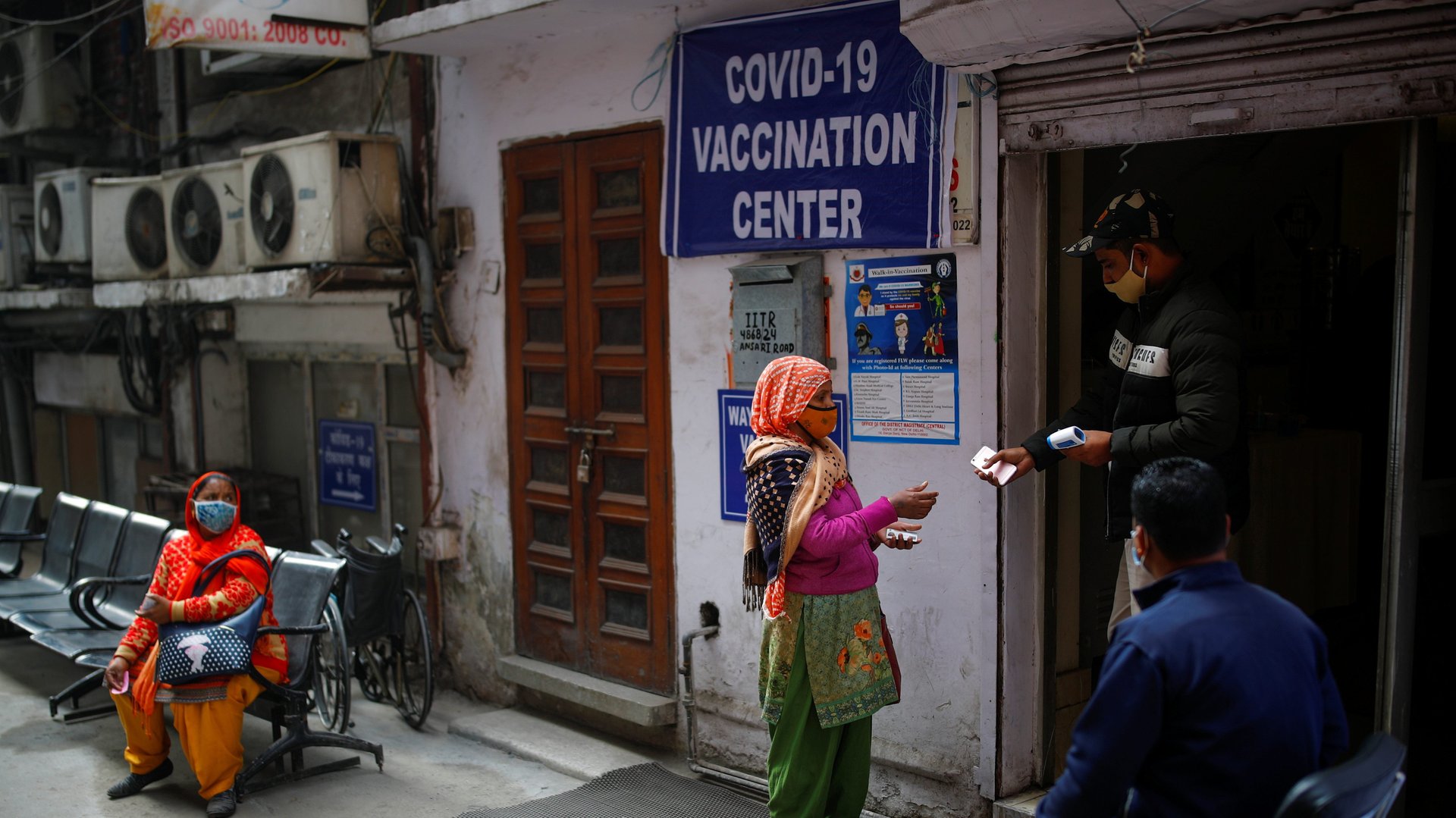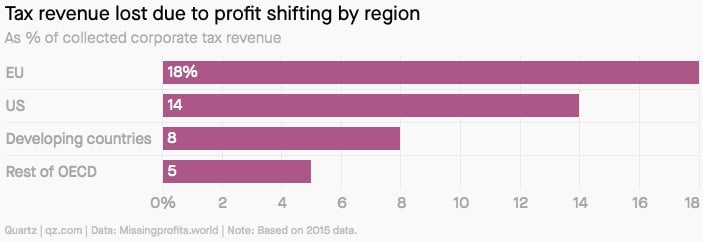India reopens, global tax deal, invisible sculpture
Good morning, Quartz readers!


Good morning, Quartz readers!
Was this newsletter forwarded to you? Sign up here. Do you know someone who actually watches social media PPV? Forward it to them!
Here’s what you need to know
Delhi and Mumbai are finally reopening. After months of Covid hell, India’s two biggest cities are no longer under lockdown, but certain restrictions remain in place.
China’s imports are growing at the fastest rate for a decade. Official data for May suggest that exceptionally high commodity prices are responsible for the surge.
HSBC replaced its top executive in Asia. With the bank’s global business increasingly focused on the continent, Peter Wong is retiring, and will be replaced by two senior bankers.
A Chinese company’s Weibo account was blocked for an apparent Tiananmen Square reference. But it’s not clear if it was a deliberate attempt to discuss the June 4 anniversary of the massacre.
Qantas finds reports of drug gang infiltration “disturbing.” In a joint investigation, multiple news outlets published allegations that members of organized crime syndicates have secured key roles in the Australian airline.
Showtime suffered a lengthy streaming outage during a major pay-per-view event. The company reportedly paid millions for a fight/media stunt between former world champ Floyd Mayweather and YouTuber Logan Paul.
What to watch for
Colonial Pipeline CEO Joseph Blount will testify to the US Congress on June 9 about the ransomware attack last month that forced his company to shut down its fuel supply for six days and fork out $4.4 million to hackers. The goal of the hearing, held by the House Committee on Homeland Security, is to extrapolate lessons from the attack on how to improve cybersecurity for critical infrastructure.
An underlying question of the hearing is what the role of the government ought to be when cyberattacks happen. Most countries, including the US, say businesses shouldn’t pay ransom to hackers. But given that it can be incredibly expensive and time-consuming to rebuild IT infrastructure, putting a company at risk of going out of business, many companies may see ransom as the lesser of two evils.
One option could be for the government to outlaw ransomware payments—a move likely to be unpopular among business leaders. Others say the government should focus on a deeper issue: Getting countries like Russia, China, North Korea, and Brazil to stop protecting for-profit hacker groups.
Charting the global corporate tax
G7 leaders hailed the global corporate tax agreement they hammered over the weekend as “unprecedented” and “historic.” The proposal, which is up for discussion at the G20 meeting in July, calls for a global corporate tax rate floor of 15% and extra taxes on the world’s most profitable companies.
The new rules should counteract some of the effects of what policymakers call “the race to the bottom” in corporate tax rates across the world. The EU and the US have borne the brunt of that trend as multinationals shift their profits to tax havens.

But the deal is not sitting well with advocates for poor countries, who say the tax rate floor needs to be higher to fairly spread the benefits of the proposed changes. Under one analysis, by the Tax Justice Network, non-G7 countries would recover more than three times as much in lost tax revenue if the rate were 25% instead of 15%. “This cannot stand,” Alex Cobham, the Tax Justice Network’s chief executive, said in a statement.
So if discussions were contentious among the G7, expect considerably more drama when the proposal moves to the G20.
Social media’s new wave
After years of Facebook dominance, why are independent social media platforms gaining momentum? There are a few possible factors that help explain the new faces in the field:
- Regulators spooked Facebook by stepping up antitrust enforcement. Wary of attracting negative attention, the social media giant has eased up on its usual practice of buying up potential competitors, giving them time to develop on their own.
- Users have embraced new content formats and no single platform can do everything well. Apps like TikTok and Clubhouse filled unserved niches (short video and live audio, respectively) that the major platforms left vacant.
- Incumbents lost users’ trust. Facebook and Twitter have borne the brunt of the blame since 2016 for amplifying misinformation, snooping on user data, and applying inconsistent moderation standards, leaving people more willing to try out a new option.
- The pandemic left people feeling bored, lonely, and eager to find new ways to connect via social media.
Whatever the reason, we’re about to find out which theory is right. The challengers could continue to grow, carving out their own niches or even stealing market share for Facebook. Or the giants could win again.
✦ Want a new way to connect without adding another social-media site into your life? Try out a Quartz membership for free and join our global community.
Handpicked Quartz
🏀 Members of Congress are pressing the NBA to get tough on Xinjiang cotton
Surprising discoveries
An “invisible sculpture” sold for $18,300. The artwork’s Italian creator stipulated that it be displayed in a five-by-five-foot space.
A new Tokyo cafe aims to alleviate loneliness with robots. The avatars will be controlled by people with disabilities that prevent them from leaving their homes.
WeChat users are banned from picking their noses on livestreams. The Chinese social-media platform also banned spanking and wearing underwear on one’s head.
Arctic ice is melting twice as fast as scientists thought. This will exacerbate global warming—and also ease cargo shipping between China and Europe.
Puppies are genetically predisposed to communicate with us. Even young pups who haven’t spent time with humans can figure out how to follow a pointing finger.
Our best wishes for a productive day. Please send any news, comments, friendly robots, and obedient puppies to [email protected]. Get the most out of Quartz by downloading our iOS app and becoming a member. Today’s Daily Brief was brought to you by Hasit Shah, Sumnima Lama, Tripti Lahiri, Ana Campoy, and Sarah Todd.